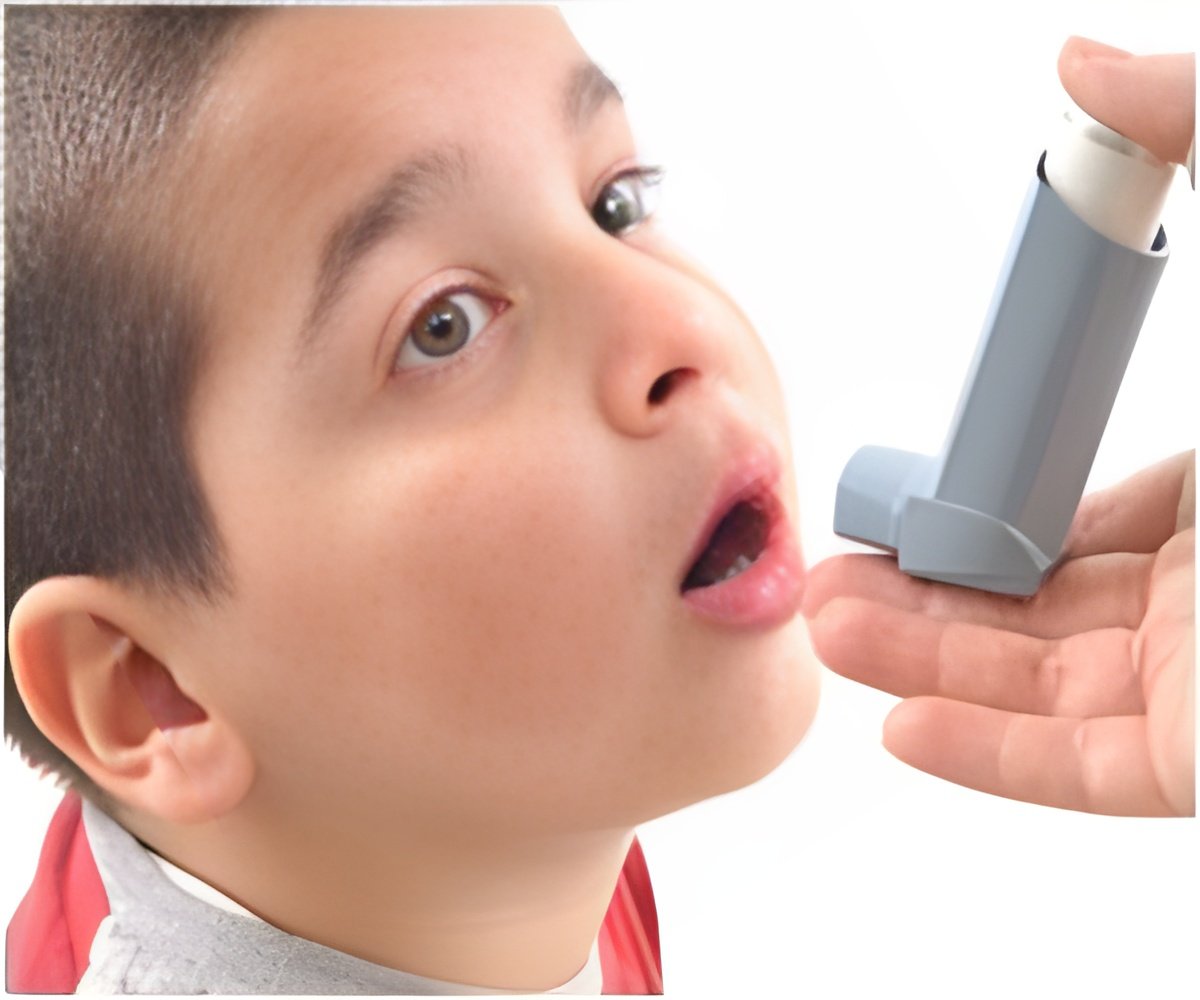Prenatal exposure to paternal tobacco smoking is associated with increased methylation of certain immune genes, revealed study.

Published in Frontiers in Genetics, the study reinforces the risks of either parent smoking - and according to the authors, could provide DNA targets for the early prediction and reversal of tobacco smoking-associated childhood asthma.
A perfect storm
"We found that prenatal exposure to paternal tobacco smoking is associated with increased methylation of certain immune genes, which alters how the genetic code is read," says lead author Dr. Chih Chiang Wu of Po-Zen Hospital, Taiwan. "This smoking-associated DNA methylation is significantly retained from birth to 6 years of age, and correlates with development of childhood asthma."
Exposure to tobacco smoke during development is already known to harm children in a variety of ways, and non-coding 'epigenetic' changes to DNA (such as methylation) have been repeatedly implicated.
However, this study is the first to show that just like maternal smoking or air pollution, paternal smoking during pregnancy can program epigenetic modifications in important immune system genes - and that these modifications are associated with an increased risk of childhood asthma.
Advertisement
The study
Advertisement
Infants with prenatal PTS exposure had a significantly higher risk of asthma by age of 6 than those without.
"Children with prenatal PTS exposure corresponding to more than 20 cigarettes per day had a significantly higher risk of developing asthma than those with less than 20 cigarettes per day and those without prenatal PTS exposure: 35%, 25% and 22.7%, respectively," reports senior author Dr. Kuender Yang of Mackay Children's Hospital, Taipei.
More striking, however, were the results of the DNA analysis.
The higher the PTS exposure dose, the higher the level of methylation of LMO2, IL10 and GSTM1 - genes known to have key roles in immune function, which could provide a mechanistic link to asthma risk.
"The combination of higher methylation levels of all three genes corresponded to the highest risk of asthma: 43.48%, compared to 16.67%-23.08% with any other combination," adds Dr. Yang.
Conclusions
Based on these results, the authors postulate that prenatal PTS exposure might program epigenetic modifications of immune genes, that are retained into childhood and so contribute to the development of childhood asthma.
They emphasize though that their study can only show associations between these factors.
"It remains to be determined whether the DNA methylation associated with PTS originated from tobacco smoke exposure in utero, from preconception changes to the father's sperm, or if there is an alternative explanation," explains Dr. Wu. "Preconception paternal smoking has been shown previously to alter sperm DNA methylation, with associated increased asthma risk in offspring." Nevertheless, secondary outcomes from the study suggest an important mechanistic insight.
"While prenatal PTS exposure was associated with childhood asthma development at 6 years of age, it did not correlate with allergen sensitization or total levels of IgE - an allergy-associated antibody implicated in asthma. Against expectations, this implies that prenatal PTS-associated asthma is mediated by an IgE-independent mechanism," concludes Dr. Yang.
It is hoped that further work to clarify the pattern of epigenetic changes to immune genes such as LMO2 and IL10 and detoxification gene such as GSTM1 in PTS-associated asthma development can provide strategies for prediction and even reversal.
Source-Eurekalert















